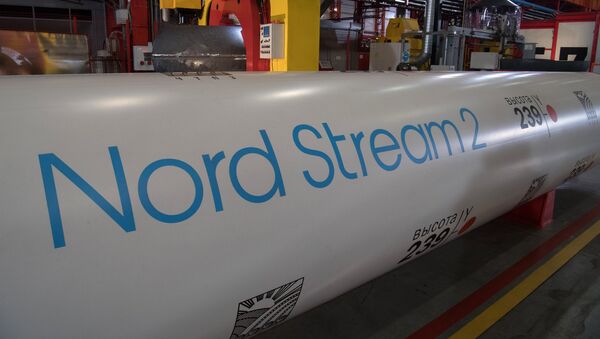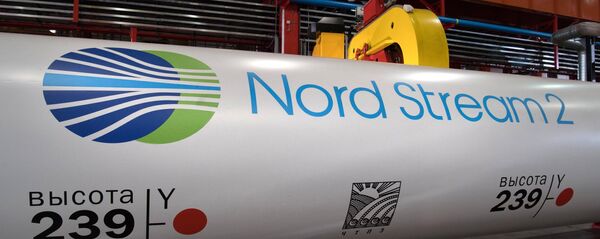"I would like to express a perfectly clear 'yes' to the Nord Stream 2 project. Through the implementation of this project, we will be able to double the amount of gas delivered directly to Germany, from 55 billion cubic meters to 110 billion cubic meters. It will correspond to the amount of gas that is consumed annually in Germany," Ramsauer said during the meeting between Russian and German lawmakers.
The chairman stressed that the opponents of the project were guided by purely political motives.
"The project has its opponents, we know the motives and reasons that they are guided by, whether it is the EC [European Commission], a number of countries in Eastern Europe and even the US. But I must say that all these reasons are political, not economic in nature," Ramsauer concluded.
The Nord Stream 2 project envisions the construction of two gas pipeline legs with a total capacity of 55 billion cubic meters of gas annually from the Russian coast through the Baltic Sea to Germany. The new pipeline is to be built next to the original Nord Stream pipeline constructed in 2011-2012.
Overall, the implementation of the Nord Stream 2 project requires obtaining permits from Russia, Finland, Sweden, Denmark and Germany. The process of obtaining the permit in Sweden began in September 2016. In early April 2017, the Danish Energy Agency (DEA) announced that it has received an application for the construction of Nord Stream 2 and will start its consideration.
On April 6, Nord Stream 2 AG, the operator of the gas pipeline had applied in Germany for the construction permit. The public discussion of application documentation for the construction and operation of the Nord Stream 2 pipeline project will be held in Germany from April 18 to May 17.



